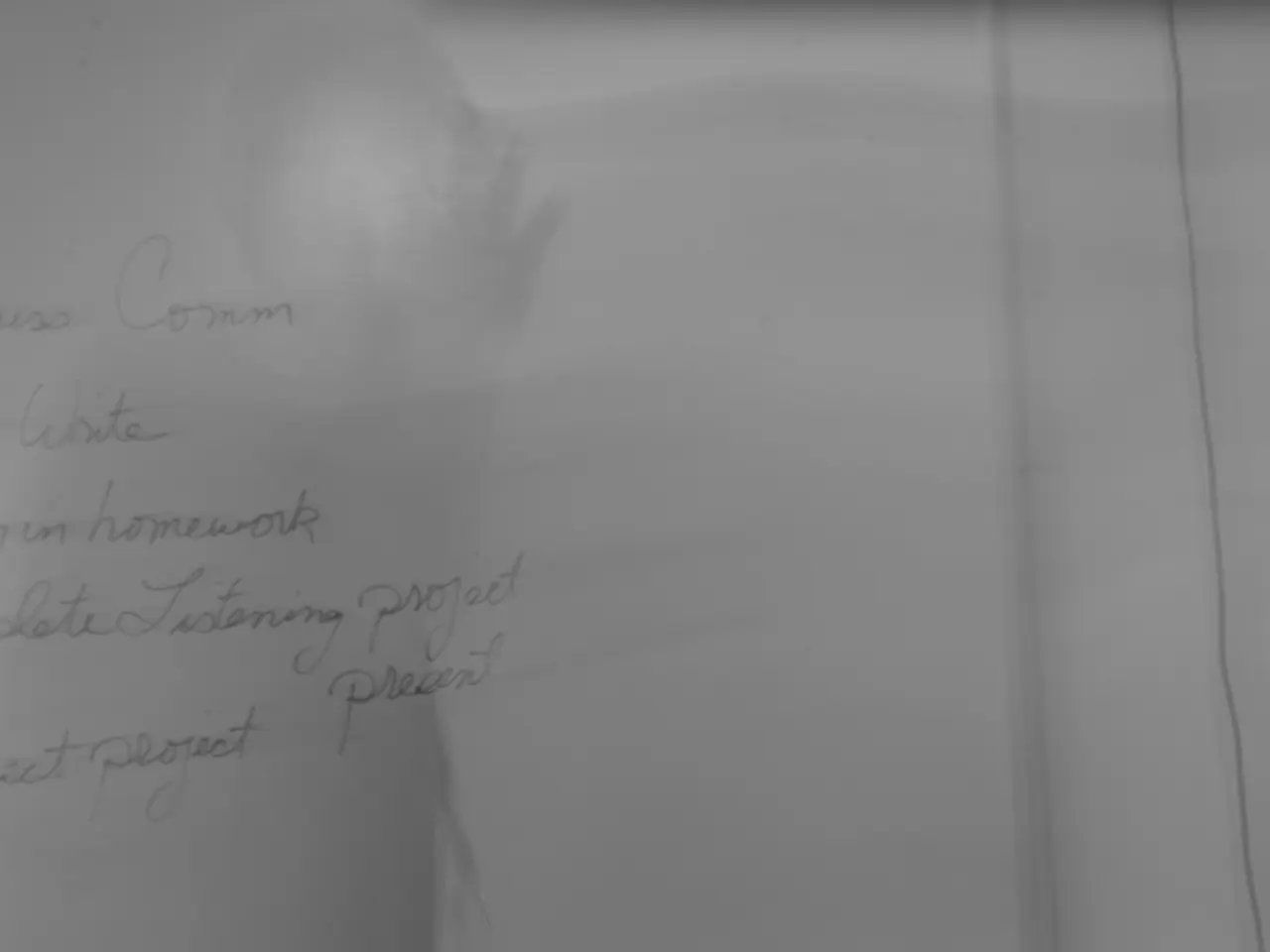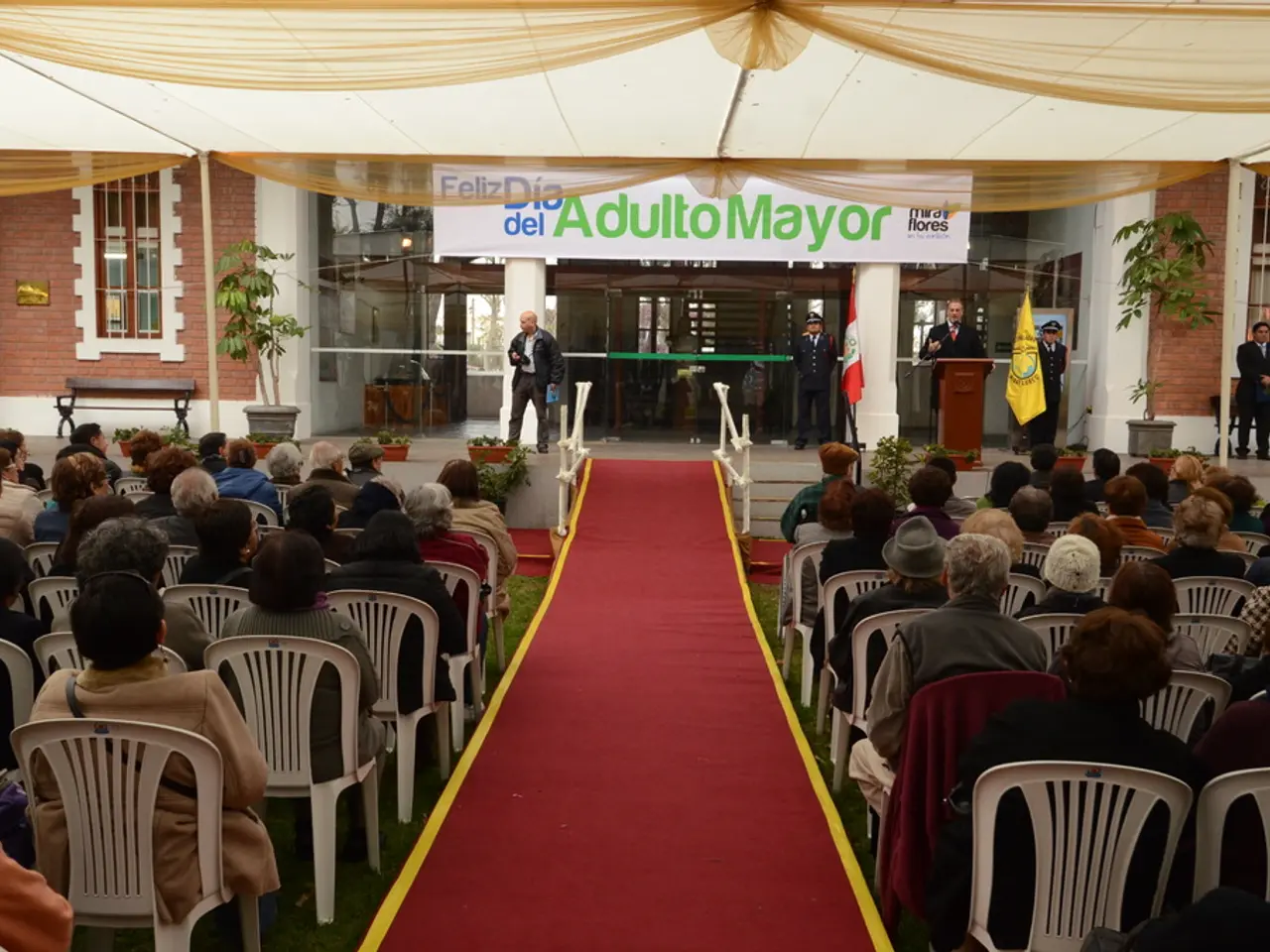Dubai's Conciliation Framework for Dispute Resolution Law Undergoes Amendments as Per Decree by Sheikh Mohammed
In a significant move to modernise and streamline the dispute resolution process, Sheikh Mohammed bin Rashid Al Maktoum has issued Law No. (9) of 2025, amending Law No. (18) of 2021. This amendment aims to enhance efficiency, ensure clarity, and empower conciliators and courts in resolving disputes amicably and transparently.
Key points of the updated conciliation framework include:
1. **Scope of Mandatory Conciliation (Article 5):** Disputes that must undergo conciliation include those referred by the President of Dubai Courts, personal status cases, disputes voluntarily agreed by both parties, and cases directed by courts to the Centre for Amicable Settlement of Disputes (CASD). Exemptions apply to certain categories such as interim orders, inheritance disputes (with court discretion to propose settlements), guardianship, marriage, divorce verification matters, and urgent cases.
2. **Conciliation Bodies and Procedures (Article 6):** Procedures are to be conducted before the CASD and Family Guidance and Reconciliation Committee. CASD conciliators operate under the supervision of a designated judge and handle disputes submitted through Dubai Courts' electronic platforms. The Family Guidance and Reconciliation Committee continues to handle personal status matters under existing resolutions until new rules are issued. Both bodies have been empowered to consult external experts where technical opinions are necessary.
3. **Conciliation Agreement and Enforcement (Articles 23, 24, 27):** Article 23 governs the format and obligations arising from a Conciliation Agreement. Article 24 specifies when a conciliator's role concludes. Article 27 details requirements for approving a Conciliation Agreement and endorsing the executory formula that makes the agreement enforceable by law. Disputing parties have a narrow window (five business days) to challenge the agreement on grounds of fraud or deception, after which a competent judge issues a final binding decision.
4. **Additional Provisions:** Article 8 covers procedures for dispute registration and review before authorities. Article 9 outlines responsibilities of the Chief Justice in overseeing the conciliation process.
Further provisions include Articles 28, 30, and associated fees and documentation rules. The amended law takes effect upon publication in the Official Gazette.
The updated conciliation procedures are part of Dubai's ongoing efforts to modernise its legal system and promote amicable settlement mechanisms accessible to all members of society. These amendments are designed to enhance dispute resolution efficiency, ensure clarity on which cases require conciliation, empower conciliators and courts, and maintain fairness and transparency throughout the process.
The amended conciliation framework in Dubai now requires personal status cases, disputes voluntarily agreed by both parties, and cases directed by courts to undergo conciliation, with certain exemptions applied to interim orders, inheritance disputes, guardianship, marriage, divorce verification matters, and urgent cases (policy-and-legislation). This flexibly structured conciliation process is being overseen by the Centre for Amicable Settlement of Disputes (CASD) and the Family Guidance and Reconciliation Committee, with both bodies authorized to consult external experts when necessary (politics). The efficiency and fairness of these amendments are central to Dubai's broader strategy of modernizing its legal system and advocating for accessible amicable settlement mechanisms (general-news).




